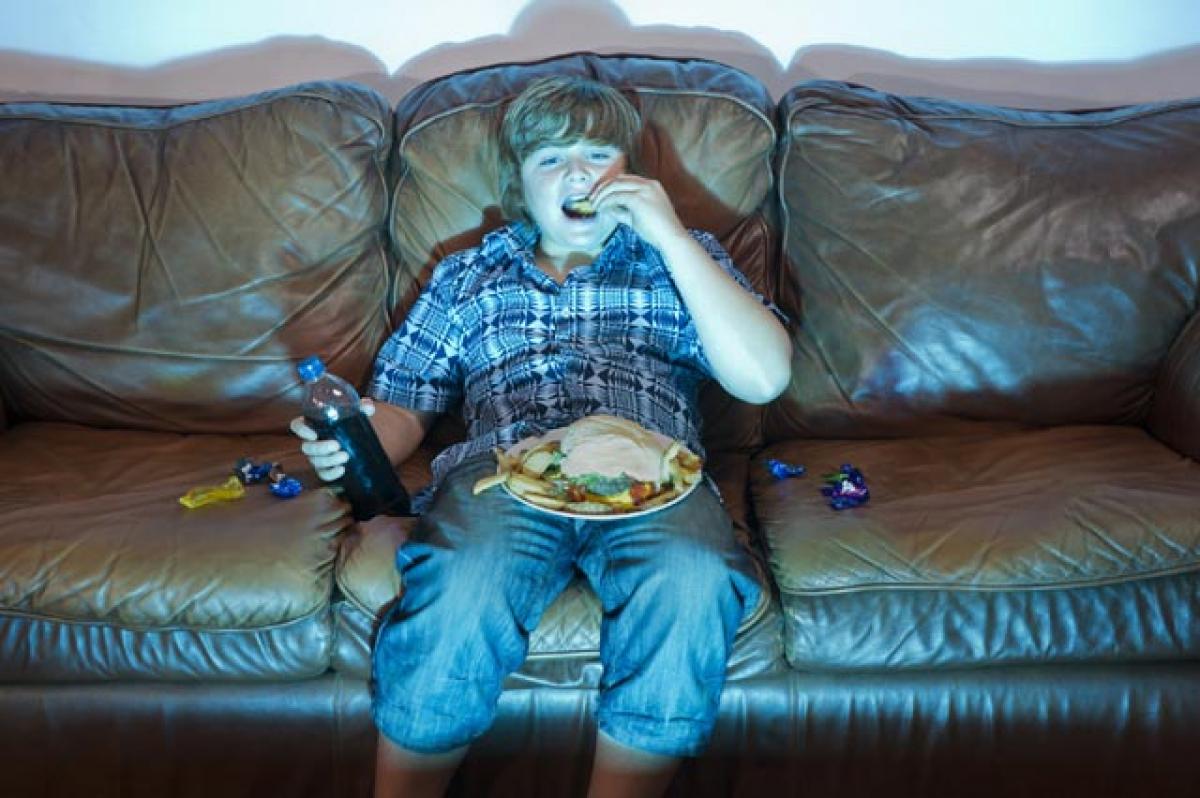Junk food commercials offer unhealthy choices to kids

Junk food commercials on pizzas and burgers during TV programmes influence food choices among children and their brain activities as well, say researchers, adding that the children\'s decisions are driven by tastiness rather than healthfulness.
Junk food commercials on pizzas and burgers during TV programmes influence food choices among children and their brain activities as well, say researchers, adding that the children's decisions are driven by tastiness rather than healthfulness.
However, taste was even more important to children after watching food commercials compared with non-food commercials. For the study, 23 children aged between 8-14 years rated 60 food items on how healthy or tasty they were and the researchers studied the children's brain activity while watching food and non-food commercials and undergoing functional magnetic resonance imaging (fMRI).
"For brain analyses, our primary focus was on the brain region most active during reward valuation, the ventromedial prefrontal cortex. During the brain scan, children were asked whether they wanted to eat the food items that were shown immediately after the commercials," said Amanda Bruce, researcher at the University of Kansas' medical centre.
Faster decision times like how quickly the children decided whether they wanted to eat the food item shown were also observed after watching food commercials. Additionally, the ventromedial prefrontal cortices were significantly more active after watching food commercials.
"The results of this study show that watching food commercials may change the way children value taste, increasing the potential for children to make faster, more impulsive food choices," said Bruce in a paper published in the Journal of Pediatrics.















